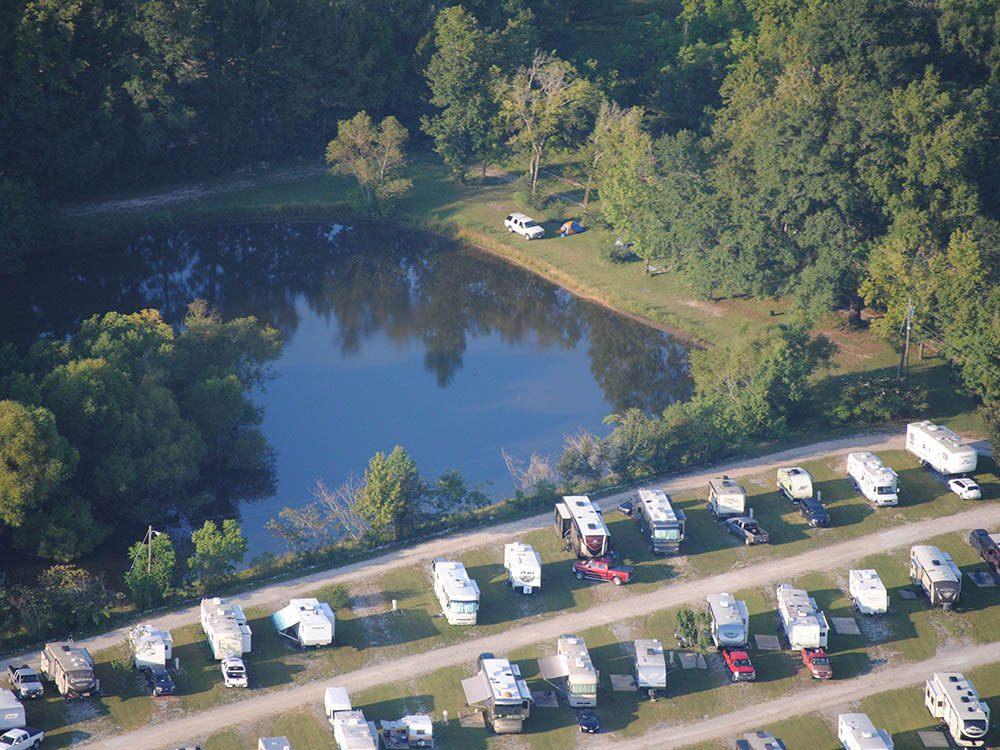Thinking about buying an RV?
RVing is getting more and more popular and owning an RV can be a wonderful experience.
But before you decide to venture down that “road,” it’s important to go into the experience with a clear understanding of what your expectations of RV ownership are. It’s also important to be aware of all the associated costs. While you can pack up your family and take everything you might need with you, avoid moving from hotel to hotel, camp in interesting places, never worry about finding bathroom facilities along the way, sleep in your own bed, bring your pets, and all the other great things about RV travel, you will also have some challenges. Challenges aren’t necessarily negative things; it’s just wise to consider them as part of the whole picture before buying an RV.
Before you even start shopping, decide if an RV is right for you. You need to carefully explore why YOU want an RV in the first place, and what you plan to do with it. How are you going to use it? Will you live in it full time or use it for vacations? How much will you actually use it? What is your budget for purchasing, maintaining, fixing, storing, fuel, RV park costs, etc.?Who will be sharing it with you? Do you have kids, grandkids, adult children, friends, just you? Where will you park it between trips? What do you hope to get from RV ownership?
Next, you need to decide which one is the best choice for you.There are so many different types of RVs: motorized or towable, long or short, for instance. Will you always use on-site hook-ups or will you be dry camping, or both? There are many different RV manufacturers. And don’t forget all the different models offered by the different manufacturers. Brand new or used is something else to think about. And there is the big important question of, “Who is going to drive it?”

Consider the costs:
- Initial purchase.
- Tax, license.
- Insurance.
- Maintenance (service).
- Repair.
- Fuel (gas or diesel).
- Furnishings and supplies.
- Extended warranty.
- Campground/RV park costs.
- Where to store it when not in use (storage or parking costs).
- Location and cost to dump the tanks.
I often tell our customers who seem surprised at how often something needs to be fixed or adjusted on their RVs, that it’s sort of like “sticking their house and car together and then rattling both down the road.” Stuff happens and stuff needs fixing. That’s just the nature of RVs. It’s not good or bad, it’s just the way it is.
My suggestion for anyone considering buying an RV is to first do some homework. Ask questions about the things that are important to you. Talk to other RV owners. Go to RV shows to look at different types and models and ask people their opinions.Climb around in RVs on sales lots. Make lists of the positives and negatives of different models. Check out RV publications like “Trailer Life” and “Motorhome Magazine” and others.Search the web for RV owner chat rooms or blogs. Visit some RV parks.
Once you know what to expect, get the best RV for your needs and wishes and go have all those wonderful adventures. And of course, keep Leale’s RV in mind for all your service and repair needs down the road.
Joan LaForest
Marketing ManagerLeale’s RV
Leale’s RV….your partner for safety and comfort.
We’re very interested in understanding why our customers have RVs.
- What makes owning an RV attractive to them?
- Why did they select a particular type of RV?
- How much do they use it?
- Were they surprised by anything pertaining to RV ownership and RVing?
Send an email message to marketing@leales.com
Or share on our Facebook page: www.facebook.com/LealesRVServiceCenter
